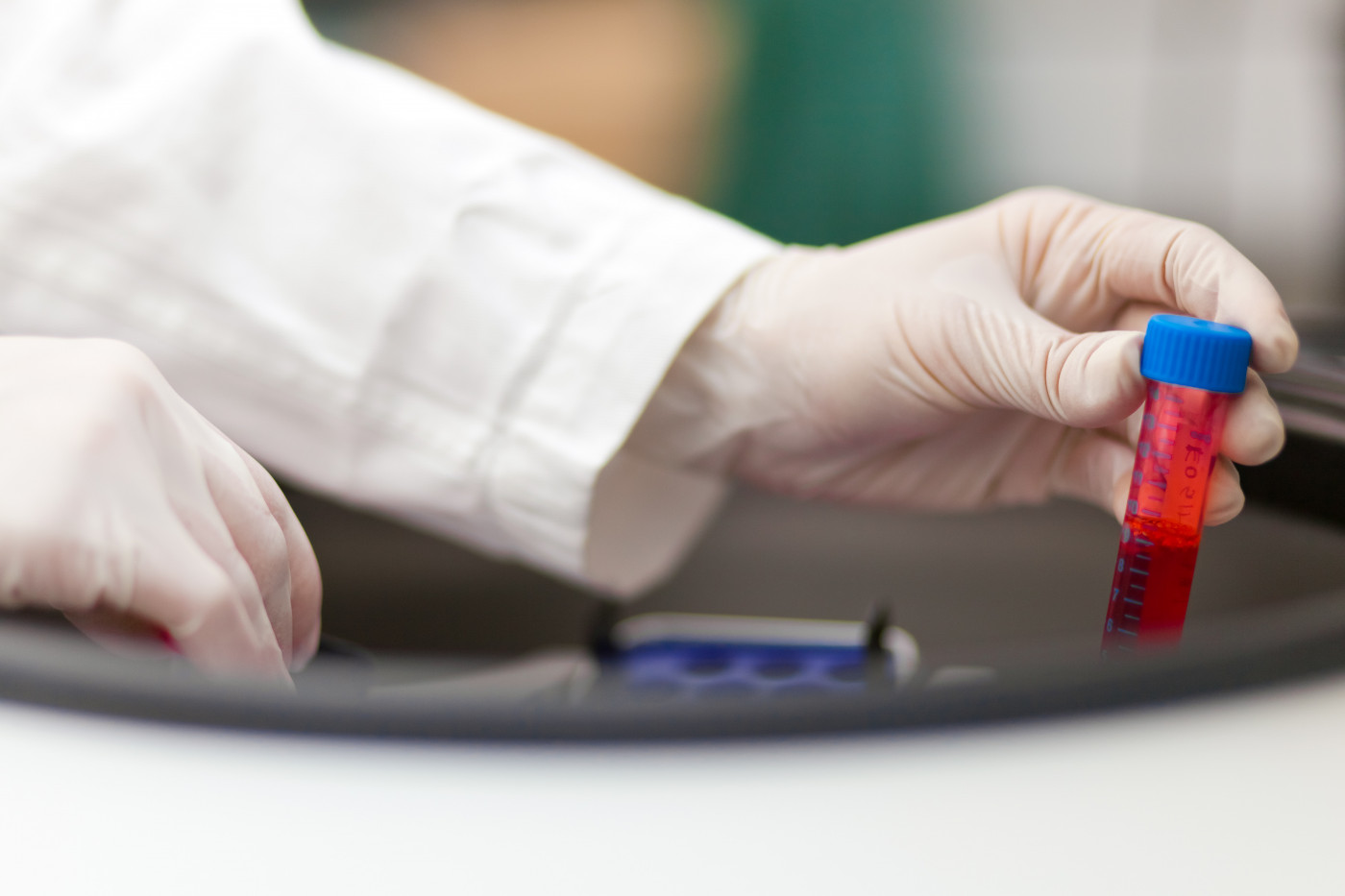Castle Creek Enrolls First Patient in Phase 1 Trial for CCP-020 as Treatment for EBS

Castle Creek Pharmaceuticals recently enrolled its first patient in a Phase 1 clinical trial evaluating the pharmacokinetics (how the drug is processed in the body) and safety of a new formulation of diacerein 1% ointment (CCP-020) in patients with epidermolysis bullosa (EB).
The study (NCT03472287) is anticipated to recruit up to 20 EB patients who are 6 months and older in Europe, and 4 years and older in the United States. The first patient was enrolled in the U.S. at UNC-Chapel Hill Dermatology & Skin Cancer Center.
“We remain committed to supporting people who are impacted by EB through research that can lead to insights on the disease and innovative treatment approaches,” Amir Tavakkol, PhD, executive vice president and chief development officer at Castle Creek, said in a press release.
“By collecting pharmacokinetic data and profiling drug absorption and safety and tolerability, this Phase 1 study will play an integral role in the continued development of CCP-020,” Tavakkol said.
CCP-020 is a topical formulation of diacerein designed to block an inflammatory signaling pathway associated with epidermolysis bullosa simplex (EBS), a subtype of EB.
Diacerein is a small molecule of the class anthraquinone that suppresses inflammation by blocking the inflammatory mediators interleukin-1B (IL-1B) and caspase-1 (CASP1). Inhibiting these proteins decreases inflammation, strengthens skin tissue, and promotes healing.
“There has been no treatment available, and most of the EB community is excited to participate in anything that will give researchers knowledge of the disease as a whole,” said Aída Lugo-Somolinos, the trial’s principal investigator at UNC-Chapel Hill.
“People with localized EB lesions on the hands or feet, or generalized lesions on arms, legs, and torso are encouraged to enroll in this study as long as the lesions cover more than 2% of the total body surface area,” Lugo-Somolinos added.
The Phase 1 study is designed to assess the pharmacokinetics and safety of CCP-020. Participants will receive the drug candidate for 10 days and will be asked to provide blood samples during treatment.
“Not only evaluating efficacy is important but also we have a responsibility to find a product that is safe to use in open skin. To evaluate safety, a shorter but very important PK [pharmacokinetics] study is enrolling patients right now,” Lugo-Somolinos said.
After the trial is complete, patients may be eligible to enroll in an additional open-label extension study, where they will be given CCP-020 for two additional treatment cycles.
In addition to the Phase 1 trial and its extension study, Castle Creek is also evaluating CCP-020 in an ongoing Phase 2 trial called DELIVERS (NCT03154333) for the treatment of EBS. The first patient was enrolled in June 2017.
In 2017, Castle Creek also announced the results of a Phase 2 study of CCP-020 as a treatment for EBS. A total of 17 patients had CCP-020 applied to their skin once daily for four weeks.
Results showed that 60% of the patients using CCP-020 experienced at least a 40% reduction in blistering after four weeks of treatment, compared to 18% who used a placebo.
By the end of the three-month follow-up period, 67% of participants in the placebo group returned to pre-treatment blistering levels, while only 12.5% of those who used CCP-020 saw the same effect.
CCP-020 was also well-tolerated by participants, with no serious treatment-related adverse events observed.
The trial’s results suggested that CCP-20 could have safe, long-term benefits in the treatment of EBS.
For more information about the ongoing Phase 1 trial in EB and how to participate, please visit this link.






